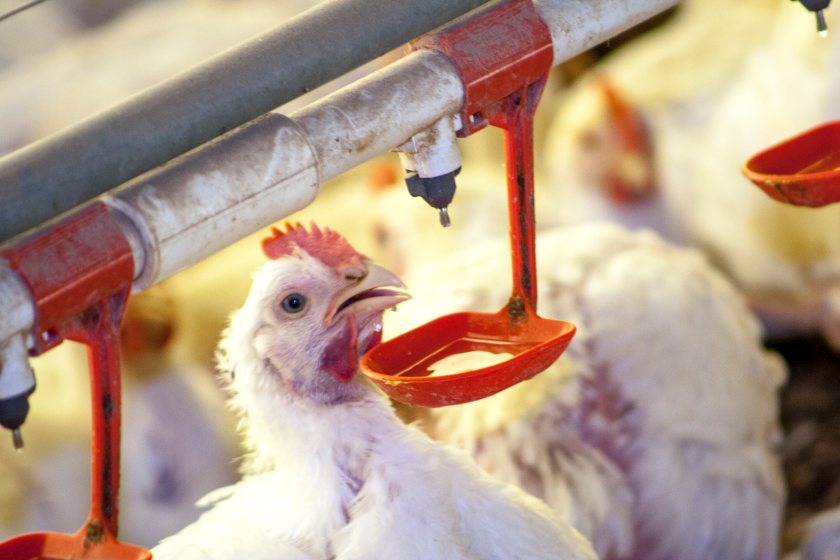
Bird flu has become a persistent global threat, and Ceva Animal Health says vaccination should now play a central role in protecting poultry and reducing the risk of future pandemics.
The company points to growing international momentum, including a resolution adopted by the World Organisation for Animal Health (WOAH) in May 2025 and ongoing talks at the UN’s Food and Agriculture Organisation (FAO) on a global vaccine pre-qualification scheme.
Ceva argues that coordinated prevention strategies are essential to safeguard food security, animal welfare and human health.
In the UK, outbreaks of highly pathogenic avian influenza (HPAI) H5N1 have continued to affect poultry and wild birds.
Recent cases in Somerset and County Durham prompted new restriction zones, while earlier this year more than one million laying hens were culled following a major outbreak at a Shropshire site — the largest single case on record in the country.
Government officials say infections in wild bird populations also remain a concern, particularly during the winter months.
So far, UK policy does not permit the vaccination of poultry or most captive birds against HPAI, except in licensed zoos in England and Northern Ireland.
A joint industry and cross-government task force is currently exploring the possibility of allowing vaccination in the future. It has recommended an on-farm trial in turkeys and is assessing vaccine candidates and surveillance capacity, but no change in policy has been approved yet.
International examples have underlined the potential benefits of vaccination. In France, a campaign sharply reduced outbreaks and lifted poultry production by more than 12% in 2024, pushing output above pre-pandemic levels.
The initiative, now set to run annually every October, is seen by Ceva as evidence that vaccination can control disease spread while reducing the need for mass culling, which carries major welfare and economic costs.
Ceva has invested in vaccine development over the past decade. The company said: “As the world leader in broiler vaccination and a pioneer in vector vaccines, Ceva has consistently worked to mitigate the impact of animal diseases.”
The firm has adapted a long-standing Marek’s disease vaccine into a single-shot product for layers and broilers, providing lifelong protection with one injection.
It has also addressed the challenge of maternal antibodies, which often block immunity in day-old chicks, ensuring early protection.
In France, Ceva has registered the first nucleotide vaccine for ducks in Europe. Administered in hatcheries, it includes a 28-day booster and has been designed with “DIVA” capability, allowing vets to distinguish between infected and vaccinated birds — a feature that supports disease surveillance and epidemic control.
Ceva believes vaccination, alongside biosecurity, will be central to strengthening poultry production worldwide. The company supports a risk-based approach tailored to breeds and production systems, and says raising awareness among farmers, vets and consumers will be key to wider adoption.
“Vaccination has a key role to play in building resilience for the poultry sector,” the company said. It argues that sustained investment in research and innovation will help protect bird populations, secure food supplies and reduce the threat of future pandemics.
